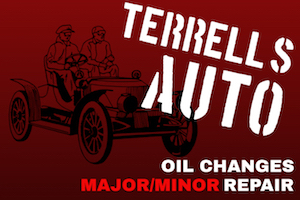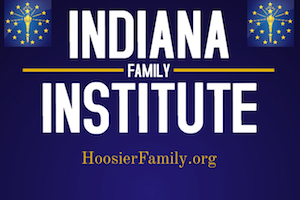|
Sep
12
2018
Wednesday, September 12 2018
Either this is proof that The Atlantic is officially out of ideas to write about, or we’re seeing the latest example of social justice insanity that I wrote recently has to be about to jump the shark in American society. The title of the piece? “The Racially Fraught History of the American Beard.” I kid you not. Beards are now to be considered an integral part of our long struggle for racial equality in America. From the article:
About 4 years ago, tired of annoying students mocking my lack of a defined jawline, I decided to grow facial hair. I would hardly call it a beard because I keep it trimmed to more of a stubble. But it’s facial hair nonetheless. I had no idea that what I perceived to be an act of self-conscious desperation was actually my subconscious lurching towards the patriarchy and Klan. Luckily, The Atlantic saw fit to re-up this article from 2014 because this was such a critical contribution to our national dialogue:
I remember when I was just out of college starting my teaching job being concerned that I would inadvertently make a joke, use a term, or offer a pop culture reference that I wouldn’t realize was offensive. Be it racial, gender, sexual, I knew that my somewhat sheltered bubble of an existence to that point had left me somewhat vulnerable and naïve to those things. Seventeen years later I’m no longer concerned about it, even though the environment today is far more sensitive and far less forgiving for such missteps (just ask NASCAR driver Conor Daly who lost a sponsorship because it was discovered his dad used the n-word decades ago). I don’t worry about it because it is simply not within the capacity of any mortal man to keep track of all the social justice no-no’s and faux-pas that now surround us. This revelation that my stubble is actually a latent appeal to the patriarchal racism of my ancestors is the latest example. Sorry, but I’m not shaving. The judgment of my jawline by sassy teenagers is far more concerning to me than the relentless judgment of social justice crusaders. |
 |










